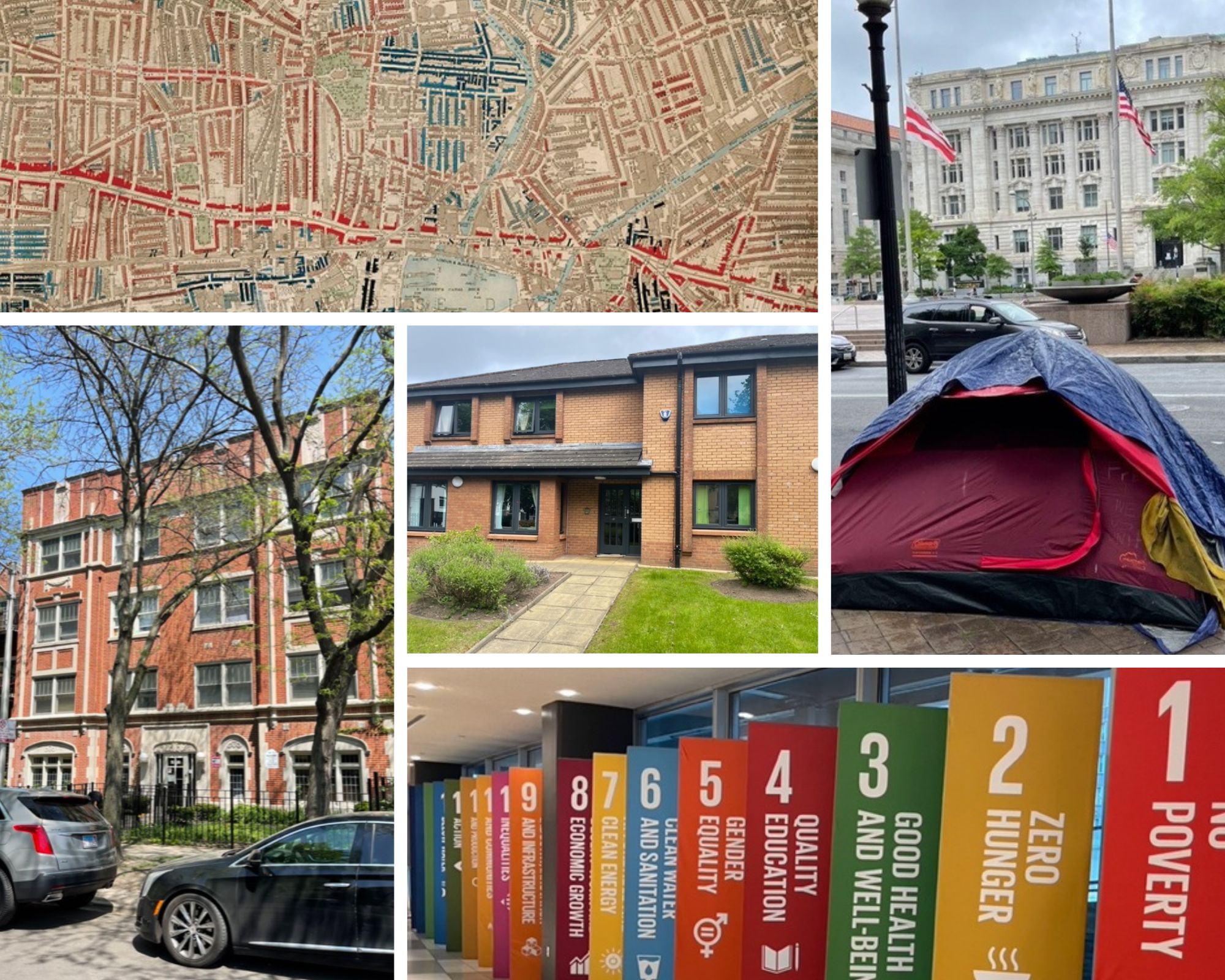The community services sector plays a crucial role in addressing homelessness through both frontline work and advocacy. Here’s how the sector can further mobilise its efforts to prevent, reduce, and end homelessness in Australia.
Recommendation 1: Embrace Advance to Zero
Adopt the Advance to Zero Framework, supporting local efforts or initiating projects in your community. This includes Housing First, by-name lists and person-centred approaches that incorporate voices of lived experience.
Learn more
Recommendation 2: Commit beyond branding
Ensure that the commitment to ending homelessness goes beyond just names and taglines. Contributions should be clearly measured, and ambitions should be outlined in strategic plans, framing Housing First as a systems-change effort.
Recommendation 3: Invest in systemic efforts
Redirect resources towards systemic solutions to end homelessness, not just program-level responses, to foster a collaborative and joined-up approach.
Recommendation 4: Participate in service coordination
For those community service organisations from the allied sectors of mental health, primary health, alcohol and other drugs, corrections, and Aboriginal Community Controlled Organisations, work within the collaborative ‘service coordination’ forums of Advance to Zero efforts.
Recommendation 5: Triage based on vulnerability
House the most vulnerable first, advocating for necessary regulatory and funding changes to make this possible. Use common assessment processes to identify who the most vulnerable are.
Recommendation 6: Build a better understanding of ending homelessness
Work with your local AtoZ Campaigns and the WAAEH to better understand how community housing providers can support the efforts to end homelessness.
Recommendation 7: Grow supportive housing
Support the establishment of a Supportive Housing Leaders Growth Network to enhance understanding and advocacy for Permanent Supportive Housing.


